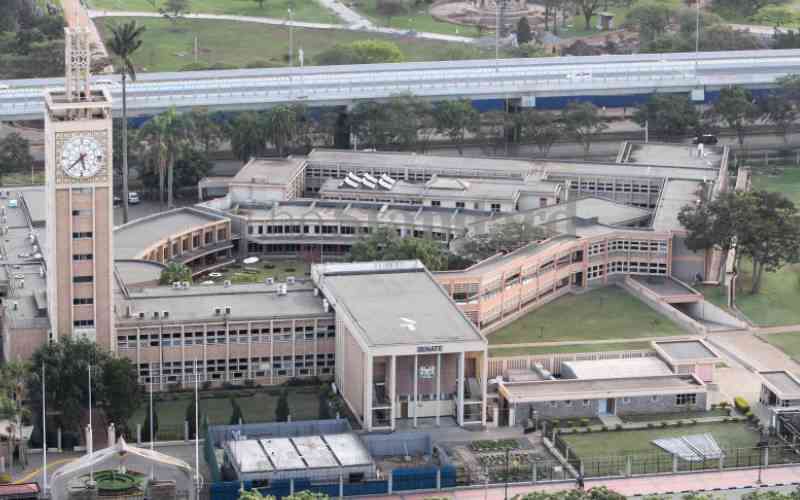×
The Standard e-Paper
Join Thousands Daily

The Supreme Court's ruling declaring the Constituency Development Fund Act unconstitutional is welcome.
The court said the Act offends separation of powers and that MPs should not oversee the implementation or coordination of the projects and at the same time offer oversight over the same projects. MPs, according to the judges, are only allowed to legislate and oversight the national revenue and its expenditure.